| |
This Google Custom Search looks only
in this website.
Fighting the Holiness Battles of Our Times
Seventy community activists from across Israel gathered in Jerusalem under the auspices of the Rabbinical Committee to Fortify the Walls of the Religion to discuss the scourges of modern technology. The event took place at the Prima Palace hotel at a melave malka.
The main speaker was HaRav Dovid Cohen, rosh yeshiva of Chevron Yeshiva and a member of the Moetzes Gedolei HaTorah. He said that the Internet and the instruments of tumah constitute a grave danger to the Torah world.
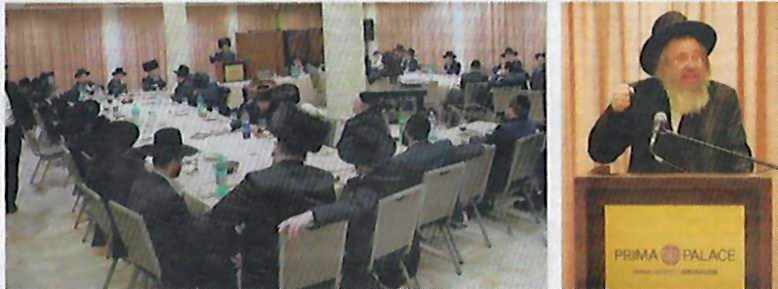
Thoughts about the Coronavirus — a Mosquito Preceded You
The Coronavirus is spreading in China and elsewhere and it has already killed hundreds. The whole world is in fear and lockdown, hoping to stop the spread of the plague. The effects are spreading from people to financial markets and to factories throughout the world.
This situation, where an anonymous virus just pops up out of nowhere and presents an unanswered threat to all of humanity, shows modern man in his correct proportions. Sometimes the impressive achievements of modern technology seem to have made man all powerful and fully in control, from the depths of the oceans to the skies above. There seems to be no limit. When suddenly a microscopic creature that we cannot even see can stand the entire world on its head and attack at will.
Agudah's Yarchei Kallah Set to Begin in Jerusalem
The Torah community is just days away from its annual golden opportunity, as the Agudath Israel of America's annual Yarchei Kallah is set to unfold in Yerushalayim.
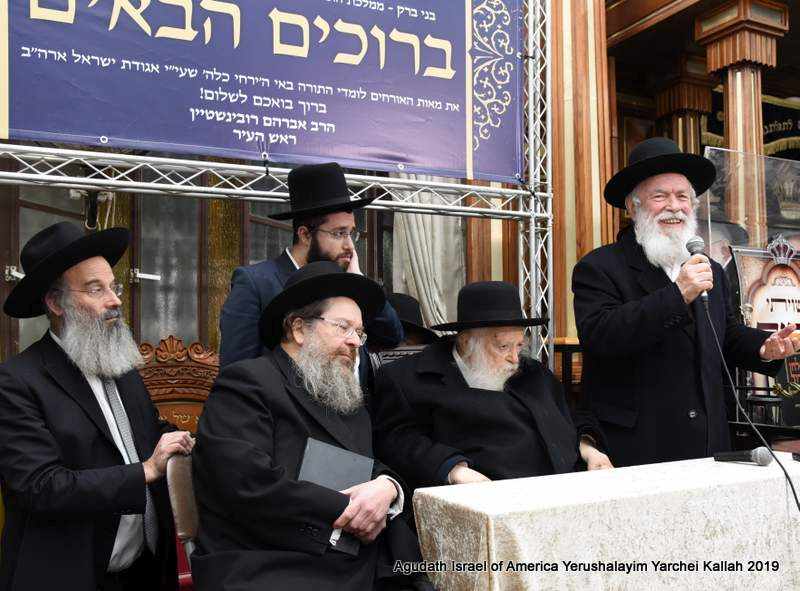
The Mikveh of the Eitz Chaim Shul in Tiveria Filled Up
One result of the blessed rains this season is that the old mikveh of the Eitz Chaim shul in Tiveria has water in it for the first time in twenty years. The water in the mikveh is, so far, about 1.20 meters deep. It gets filled up by the rising of lake Kinneret.
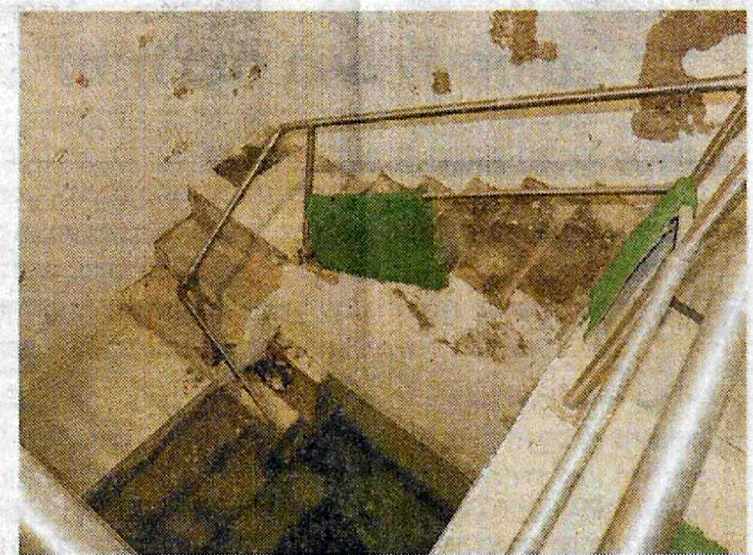
One of the Rainiest Januaries on Record
We have had a break in the rain, but the level of the Kinneret continues to rise. As of last Monday morning, the Kinneret had added another 2.5 cm in the last day, and the surface was then at -210.22 meters. The weekend weather is predicted to be stormy.
Since the beginning of the winter, the Kinneret has risen a total of 1.65 meters, with 1.27 of the coming in January. There are only 1.42 meters until the Kinneret tops out. At that point they have to open the dams at the southern end to keep the lake from flooding its banks.
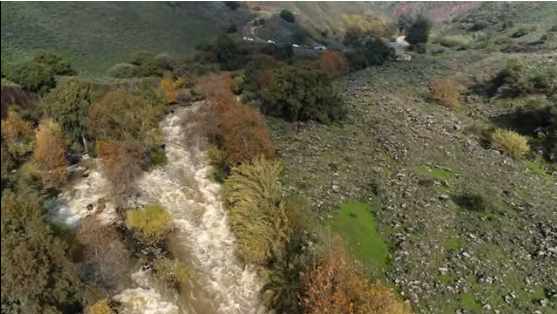
The Special Elevating Nature of Shabbos
by HaRav Moshe Shmuel Shapira zt"l

Part II
In the first part of the essay about the unique qualities of Shabbos, HaRav Shapira stressed how Shabbos and the Jewish People enjoy a unique relationship. He explained that the rest we have on Shabbos is a special, positive experience that brings brocho and kedusha.
Spiritual Levels on Shabbos
The Rishonim write at length about the special qualities of Shabbos. Rabbenu Avrohom the son of the Rambam, in Maspik Le'Ovdei Hashem (introduction), while presenting the first rule in avodas Hashem, writes that every mitzvas aseih and lo sa'aseh is identical for every Jew. No difference exists between Moshe Rabbenu, Yehoshua bin Nun, and the most ordinary person in Am Yisroel. Either a person fulfills or annuls the mitzvah. No differences in the general fulfillment or annulment of mitzvos exists.
click here
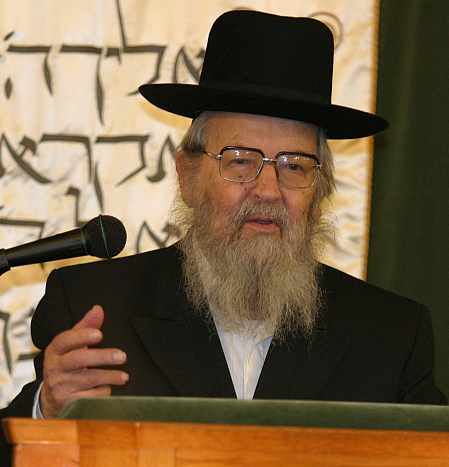
Rain and Kinneret Watch
by Dei'ah Vedibur
Staff
Our weekly report of the rain and the level of the Kineret -
Winter, 5780.
* * *
A view of the Kineret in Tiveria -- this year and last year

|
From Our Archives |
|
Judaism Is Pluralistic
by Mordecai Plaut
At every opportunity -- including some that they make themselves -- our opponents criticize us by lumping us together with other religious fundamentalists.
Reform Rabbi Uri Regev, in a fundraising speech in Cleveland less than a month after the Islamic destruction of the World Trade Center, clearly implied that we were a similar threat that could be countered by giving money to him and his organization. (The need to counter the chareidim has long been the most effective argument for both Conservative and Reform fundraisers.) New York Times columnists Thomas Friedman and Anthony Lewis both identified fundamentalist ideas as the greatest challenge to modern life, specifically mentioning Christians, Moslems and Jews.
|
|
Shabbos Zemiros -- More Than Just Songs
by R' Zvi Zobin
A selection for Shabbos Shira
Miri always enjoys the zemiros at the Shabbos table. When she went away to camp, she expected that she would be missing that part of her oneg Shabbos. After the Shabbos meal had begun, one of the teachers started singing one of the zemiros. Miri was pleasantly surprised to find that not only was it the same tune her father sang every Shabbos, but all of the girls also seemed to know it -- Ashkenazi, Sephardi, Chassidic -- they all joined in, singing and harmonizing as if they had all been sitting at Miri's table every Shabbos.
|
|
At Whose Table Do We Eat?
by S. Bilgrei
The Sefer Yetziroh links the month of Shevat with "le'ito," which means eating. This indicates that Shevat was chosen from all the months to perfect kedushas achilloh, which is also the foundation of Tu BeShevat.
What does "kedushas achilloh" mean? It mainly means eating lesheim Shomayim. The challenge of eating is to eat for the purpose of serving Hashem, and not for selfish reasons, such as the food is enticing or appealing. The vast variety in taste, texture and color is just a tool to bring us to greater awareness of the endless lovingkindness Hashem bestows upon us as reflected in the delectable delicacies in their dazzling multiplicity that He provides us with constantly.
The first one who failed to meet this challenge was Odom Horishon. The Torah relates that Hashem placed Odom in Gan Eden, which was a garden of fruit trees. He was allowed to eat from all the fruit trees except for one. The bottom line of Odom's sin was that he ate from the forbidden fruit for a selfish purpose, a purpose that was not Hashem's will.
|
POPULAR
EDITORIALS
Av, 5765 - Kislev 5766 (August-December 2005)
May-July, 2005
|



